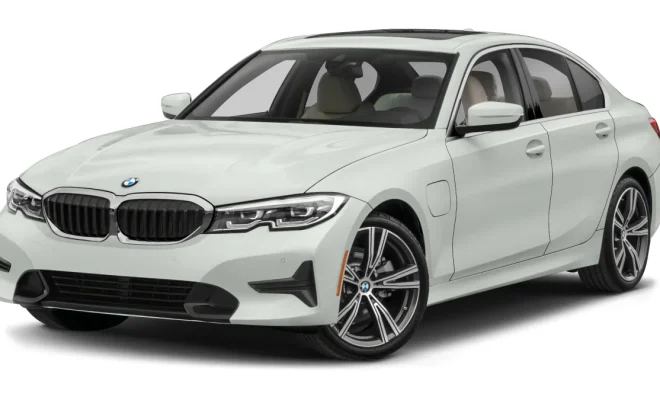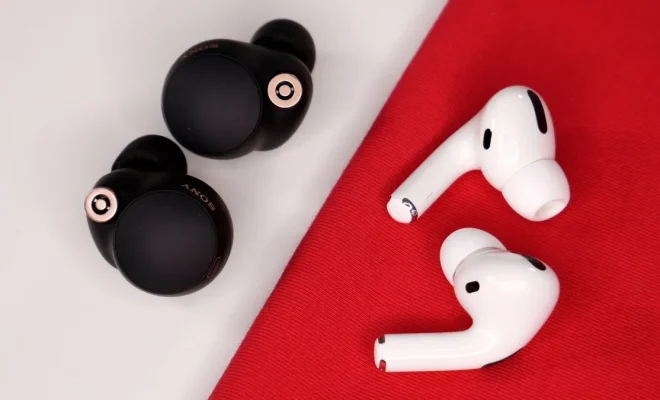Why Are Car Lease Buyout Rates Higher?

As you begin to consider the possibility of buying out your car lease, one question that seems to pop up with regularity is, “Why are car lease buyout rates higher?” To answer this question, we will explore the reasons behind this phenomenon and what factors contribute to this seemingly odd financial situation.
1. Residual Value
The primary reason lease buyout rates may be higher than expected is due to the residual value of the leased vehicle. The residual value is the estimated worth of the car at the end of the leasing term and represents the amount you would owe if you decided to purchase it outright. Lease payments are calculated based on this residual value, but they also take into consideration factors such as depreciation and interest.
2. Interest Rates
Interest rates play a significant role in determining lease buyout rates. Depending on the terms of your lease agreement, interest rates on lease buyouts may be set higher than those for traditional auto loans. Higher interest rates not only require borrowers to pay more over time but may also contribute to elevated monthly payments when compared to regular auto loans.
3. Taxes and Fees
Another contributor to higher car lease buyout rates is various taxes and fees associated with these transactions. In some jurisdictions, buyers will be required to pay sales tax on any vehicle purchased through a lease buyout. Additionally, in many cases, additional fees such as vehicle registration and title transfer fees still apply.
4. Depreciation Miscalculations
Many lease agreements include a predicted rate at which the vehicle will depreciate in value over time. However, it’s not uncommon for these predictions to be inaccurate – perhaps the market has shifted since you first leased your car or particular makes/models have experienced unusually high depreciation in recent years. In these situations, the residual value of your car may be much lower than what was initially calculated, leading to a higher buyout cost.
5. Market Volatility
Market volatility plays a big part in the lease buyout equation. If the demand for used vehicles is lower at the time when you end your lease, finding a suitable buyer for your car may be challenging. In turn, this can make your lessor more inclined to offer you a higher buyout rate in the hope that you’ll take on the added financial burden instead of returning the vehicle.
In conclusion, there are several reasons why car lease buyout rates are generally higher than those for traditional auto loans. Among these factors are residual value, interest rates, taxes and fees, depreciation miscalculations, and market volatility. Understanding these factors can help you make more informed decisions when considering whether a lease buyout is right for you and how to negotiate the best possible terms with your lessor.






